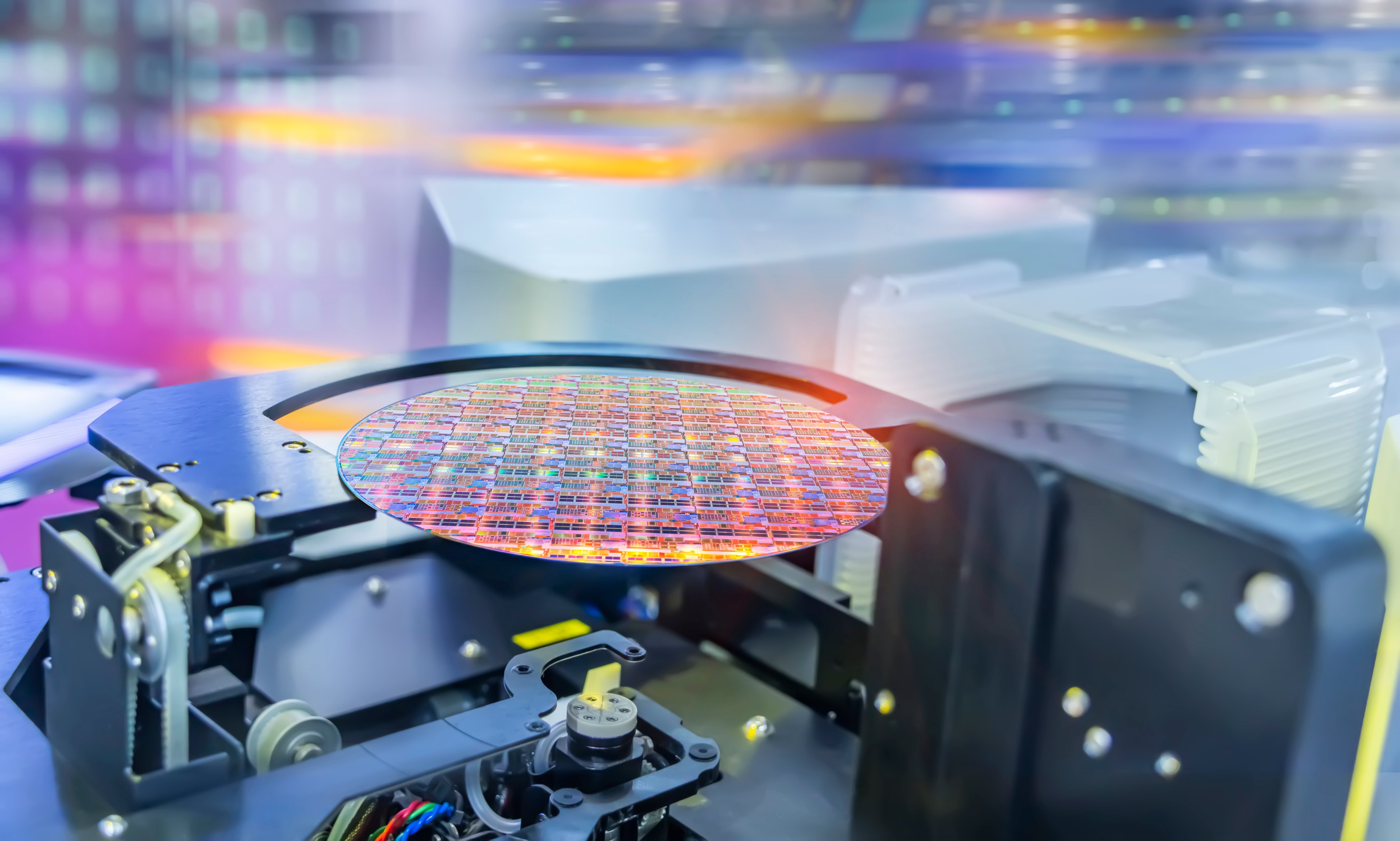Most investors who buy tech stocks do so for the potential for high growth and share price appreciation. Considering that the biggest winners over the past decade have been tech stocks, this makes sense.
On the other hand, some investors prefer dividend-paying stocks. In some instances, it might be worth giving up some growth potential for steady, reliable dividend income.
However, what might not be as well-known is that many high-growth tech stocks also pay a dividend. These stocks could present the best of both worlds. Investors looking for growth and stock price appreciation can also get some dividend income along the way, improving total returns over time. With this in mind, here are three dividend-paying stocks worth buying right now.

NASDAQ: ASML
Key Data Points
ASML
Dutch company ASML (ASML 0.90%) makes the lithography machines necessary for the manufacture of semiconductors. For the most cutting-edge chips, ASML is the only company in the world that sells these machines. For a company that is integral to a vital product like semiconductors, it's not a surprise that the stock is up 1,170% over the past 10 years, easily outpacing the S&P 500's 241% total return.
Currently, ASML's dividend yield is 0.71%. That's not impressive sounding at first, but when you look back at the stock's performance over the past 10 years and include dividends, the picture changes. A $1,000 investment in ASML 10 years ago would be worth $11,590 today without dividends and $12,730 with dividends.
Management is expecting 2024 to be a slow growth year as much of the semiconductor industry is in a down cycle. But ASML has enough orders to fill that it should be able to get through the year with no issues, and it expects to return to growth in 2025.

NASDAQ: MSFT
Key Data Points
Microsoft
Long known for its Windows operating system and suite of office software, Microsoft (MSFT +0.57%) has been in the news lately because of its move into artificial intelligence (AI). With its substantial investment in OpenAI, Microsoft has begun integrating generative AI into many of its products.
The company is also seeing increased cloud revenue for its Azure cloud computing business as other companies need extra computing power for their own AI ambitions.
Much like ASML, Microsoft has been a market-beating stock over the last 10 years, with a total return of 1,160%. Without dividends, that return would have been 972%. The dividend currently yields 0.69%.
Microsoft is expecting its cloud infrastructure business Azure to grow by 30% to 31% in the current quarter, driven by AI spending by its customers. This is in line with the recently reported third quarter of fiscal 2024.

NASDAQ: GOOGL
Key Data Points
Alphabet
Technically, Alphabet (GOOG 1.28%) (GOOGL 1.30%) isn't a dividend stock -- yet. Shareholders as of June 10 will receive Alphabet's first-ever dividend payout on June 17.
This new dividend program was announced alongside the company's first-quarter earnings in April. The initiation of a dividend isn't a total surprise considering Alphabet generated $16 billion in free cash flow in the first quarter and has more than $110 billion in cash, cash equivalents, and marketable securities on its balance sheet.
To start, Alphabet's dividend yield won't be much to write home about: approximately 0.5% based on the share price at the time of the first-quarter earnings release. But the company generates lots of cash so it's plausible that the payout could increase over time. This is worth considering for those who might want more dividend income in the future as they approach retirement.
The dividend announcement might have been the headline out of the first-quarter results, but the rest of the business performance was impressive. Revenue increased by 15%, the operating margin was up by 7 percentage points, and earnings per share grew by 62%.
Alphabet is also making moves in the world of AI. At a recent event, the company highlighted its Gemini AI as it looks to keep pace with Microsoft's ChatGPT. Users of Alphabet's popular Google products such as Gmail, Google Photos, and Google Search can expect to see more integration of AI over time.






